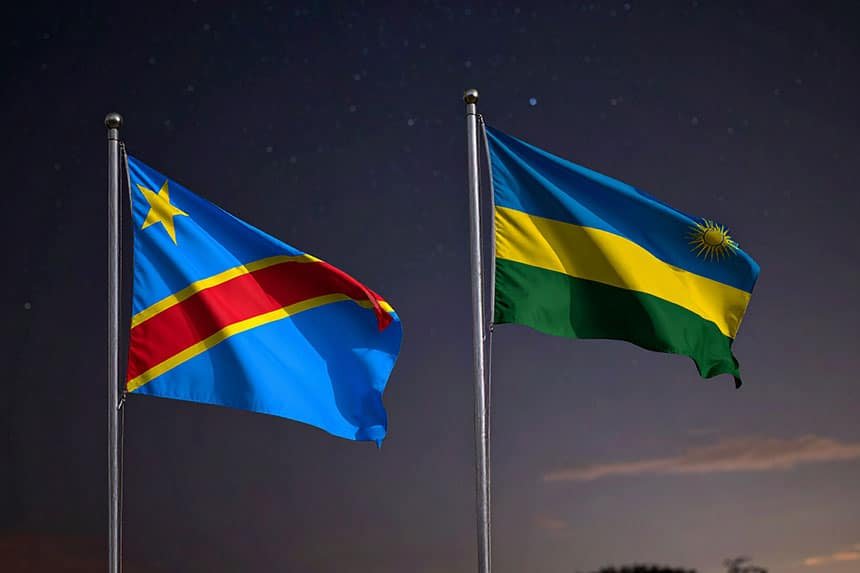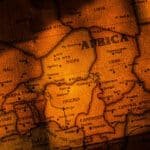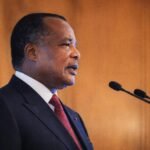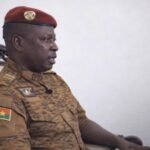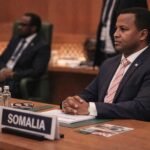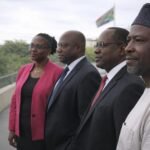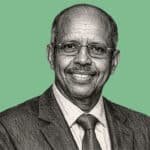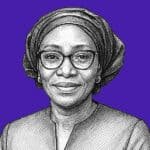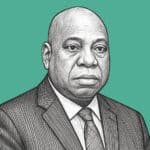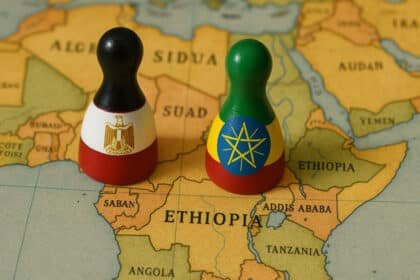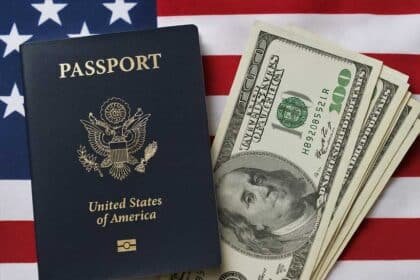From Ballots to Burdens: Reading the 183-Vote Mandate
On 3 June 2025 the General Assembly elected Bahrain, Colombia, the DRC, Latvia and Liberia as non-permanent members, with the DRC clinching 183 of 193 ballots. Foreign Minister Thérèse Kayikwamba Wagner hailed the result as “a reflection of Africa’s unity in shaping the global security agenda”. The vote propels Kinshasa back to the Council for only the third time since 1993, yet it arrives as regional tensions and domestic legitimacy tests have rarely been sharper.
Eastern Turbulence on a Global Stage
Renewed M23 advances towards Goma and the continued presence of foreign troops underscore the fragility of eastern provinces. The Security Council itself, by Resolution 2765 (2024), prolonged MONUSCO’s mandate to December 2025 while warning that any withdrawal must avoid a security vacuum. As a Council member, Kinshasa must now persuade sceptical peers that its military strategy will not merely outsource stability to an overstretched mission. Its performance will be scrutinised when the Council takes up the June 2025 briefing on the DRC’s security trajectory.
Kagame, Kigali and Kinshasa: Diplomacy under Fire
Rwanda’s abrupt withdrawal from the Central African bloc ECCAS on 8 June 2025, announced amid recriminations over M23 backing, widens an already visible rift in regional diplomacy. Kinshasa must navigate the Council’s chambers without appearing to turn its new platform into a tribunal against Kigali; yet it cannot ignore domestic calls for an arms-embargo-style resolution. The task is delicate: alienating veto-wielding allies of Rwanda would erode any early-term leverage the DRC enjoys from its overwhelming election margin.
Norms, Minerals and the Responsibility to Protect
The Global Centre for the Responsibility to Protect notes that seven of the fifteen 2026 Council members will be “Friends of R2P”, including the DRC, and urges the newcomers to back early-warning mechanisms and targeted sanctions regimes . Such alignment could burnish Kinshasa’s credibility on normative questions long clouded by reports of abuses by its own security forces. Equally pressing is the minerals dossier: with cobalt, copper and tantalum supply chains under ESG scrutiny, the Council seat offers Kinshasa a forum to argue that stricter transparency rules should coexist with development-centred investment incentives—an argument already echoed in commercial briefs analysing the country’s trillion-dollar resource potential.
Coalition Arithmetic inside the Council
Winning votes in the General Assembly is arithmetically simpler than corralling nine affirmative Council members while dodging a veto. Colombia’s simultaneous return to the chamber, Liberia’s West-African vantage point and Bahrain’s Gulf lobbying calculus will all shape informal caucusing. For the DRC, a pragmatic path lies in chairing subsidiary bodies on sanctions or natural-resource finance, thereby offering functional expertise while sidestepping immediate showdowns with permanent members. Past Congolese presidencies have shown that even geographically distant issues—such as maritime security—can be leveraged to obtain goodwill credits later spent on regional files.
From Symbolism to Substance
President Félix Tshisekedi enters the Security-Council term with a double-edged asset: global visibility. Should Kinshasa champion robust civilian-protection benchmarks, accelerate MONUSCO’s conditions-based exit and temper bilateral friction with Rwanda, its two-year stint could recalibrate Great-Lakes diplomacy. Failure would merely confirm the cynic’s view that Council elections are pageantry for states too troubled to project consistent norms. The next eighteen months will reveal whether a war-weary Congo can translate a New York podium into measurable security dividends at home and a more coherent voice for Africa in the most powerful room of multilateral diplomacy.
